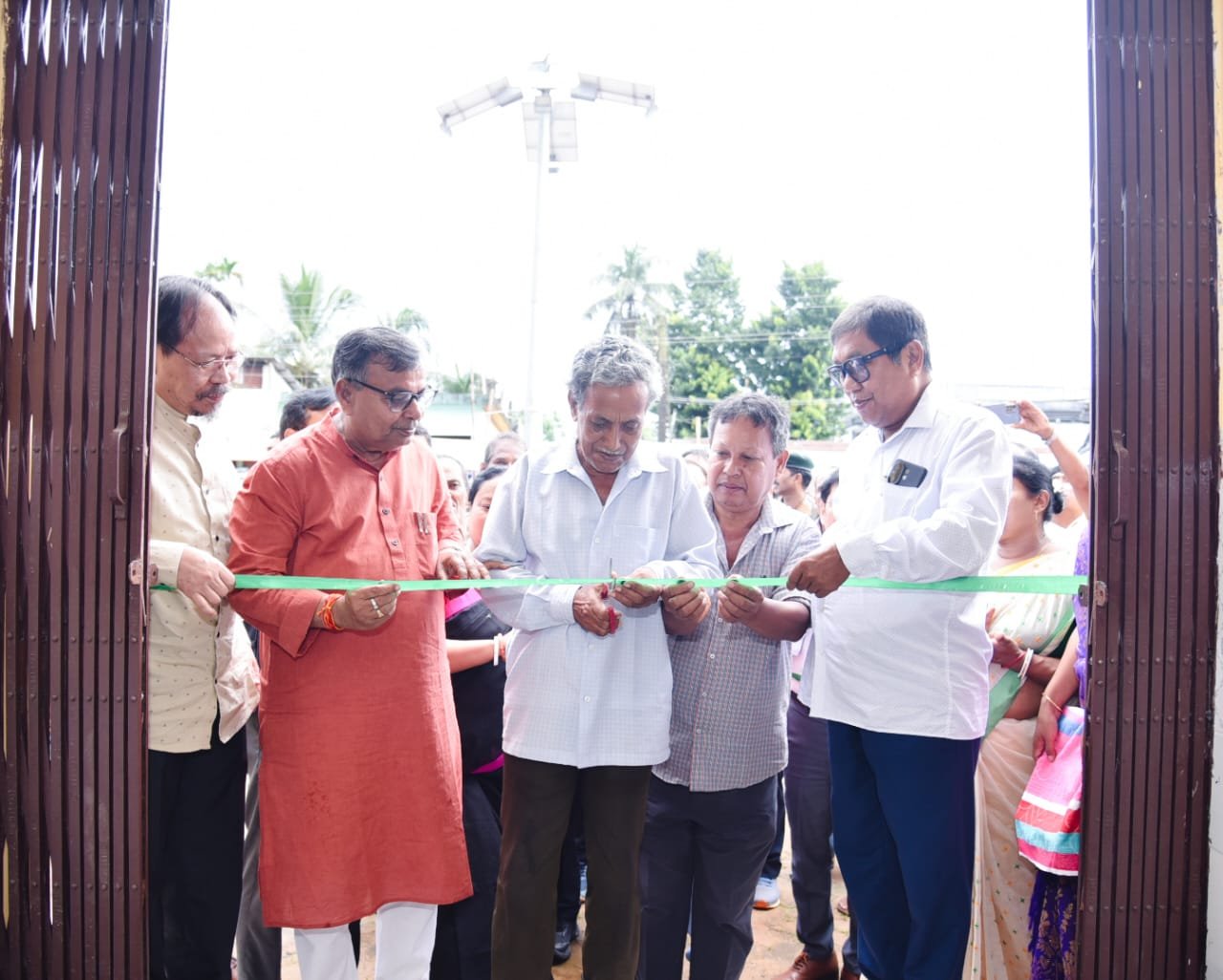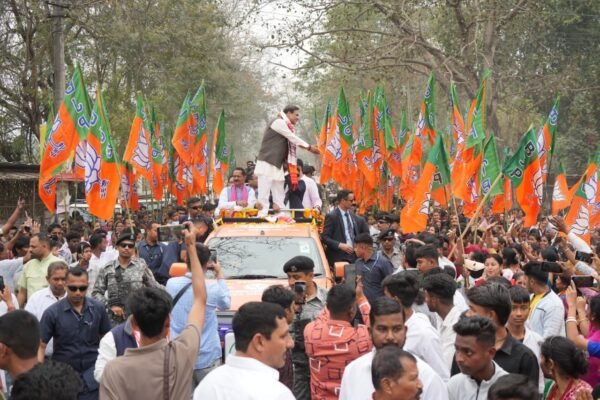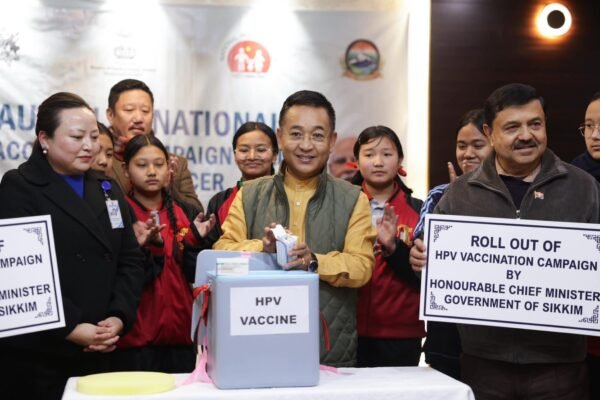Agartala, September 12, 2025: In a major step to enhance farmers’ income, the State Agriculture and Farmers Welfare Department, in collaboration with the Central Government, has announced plans to convert a total of 21 agricultural markets in the state into electronic markets (e-markets). This initiative will enable farmers to sell their produce online across various parts of the country, ensuring better price realization and wider market access.
The announcement was made today by State Agriculture and Farmers Welfare Minister Ratan Lal Nath during the inauguration of a newly constructed market in Kulai, Dhalai district, along with the Rural Knowledge Center at Noagaon village.
Minister Ratan Lal Nath highlighted that the state currently has 554 agricultural markets, including 84 wholesale markets and 21 agricultural produce markets. He emphasized the government’s commitment to supporting farmers beyond just production, by focusing on improving marketing infrastructure.
“The previous government spent ₹20.20 crore on market development in seven years, whereas our government has invested ₹303 crore in the same period. This clearly demonstrates our dedication to empowering farmers,” the minister added.
Under the phased implementation of the eNAM (electronic National Agriculture Market) project, seven markets — Panisagar, Pabiacherra, Kulai Bazar, Teliamura, Mohanpur, Sonamura and Santirbazar will be brought under the e-market in the first phase. In the second phase, 12 more markets including Dasda, Barishbari, Kalyanpur, Champaknagar, Bishalgarh, Jampuijala, Melaghar, Barpathari, Natunbazar, Gandatwisa and Chawmanu will be integrated.
Each market will be equipped with modern facilities such as offices, auction platforms, drinking water provisions, shops, laboratories, grading and sorting systems, weighing equipment, and warehouses. The central government has already allocated ₹2.10 crore for the development of the first seven markets.
The minister concluded by reiterating the government’s aim to double farmers’ income and ensure fair pricing for agricultural produce, recognizing agriculture as the backbone of the state’s economy.









